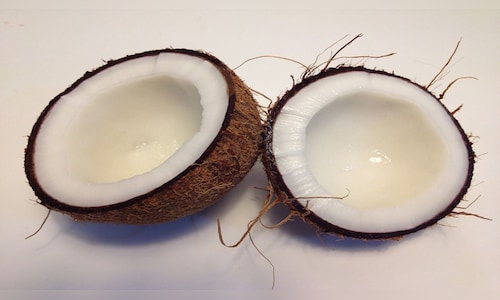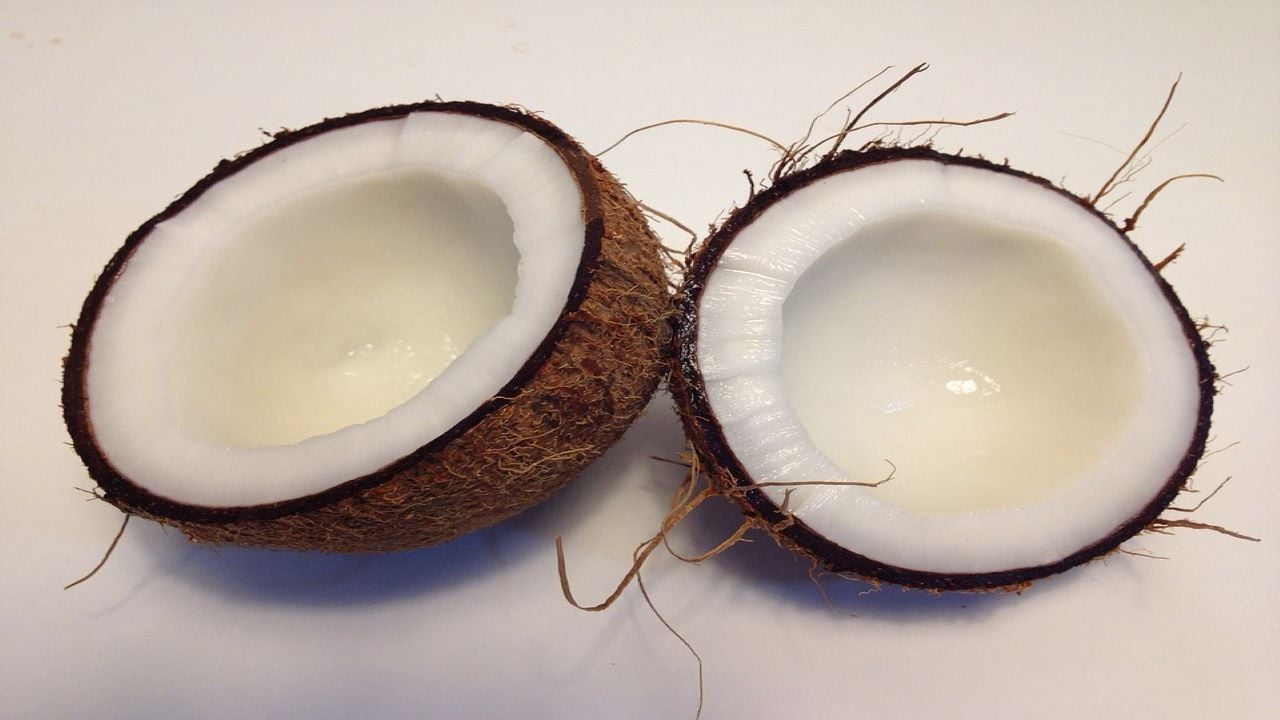

The court rejected the tax department’s petition, which sought to classify and tax coconut oil sold in small packages as hair oil.
This judgment has major tax implications for companies manufacturing and selling coconut oil.
While the GST on edible oil is set at 5%, hair oil is taxed at 18%.
The core issue before the Supreme Court was whether coconut oil sold in small packages (weighing less than 2 kg) should be classified under Heading 1513 of the Central Excise Tariff Act as “edible oil” or under Heading 3305 as “hair oil.” The court had reserved its judgment on October 17.
In its verdict, the Supreme Court held that coconut oil sold in small packages, including sachets and small bottles, qualifies as edible oil under Heading 1513.
This decision enables coconut oil manufacturers to benefit from the lower GST rate of 5%.
The dispute dates back to 2009, when the Customs, Excise & Service Tax Appellate Tribunal (CESTAT) ruled in favor of the industry, classifying coconut oil as edible oil and subjecting it to lower taxes.
However, in 2018, a two-judge bench of the Supreme Court delivered a split verdict on the matter.
The case was subsequently referred to a three-judge bench of the top court, headed by Chief Justice Sanjiv Khanna.



